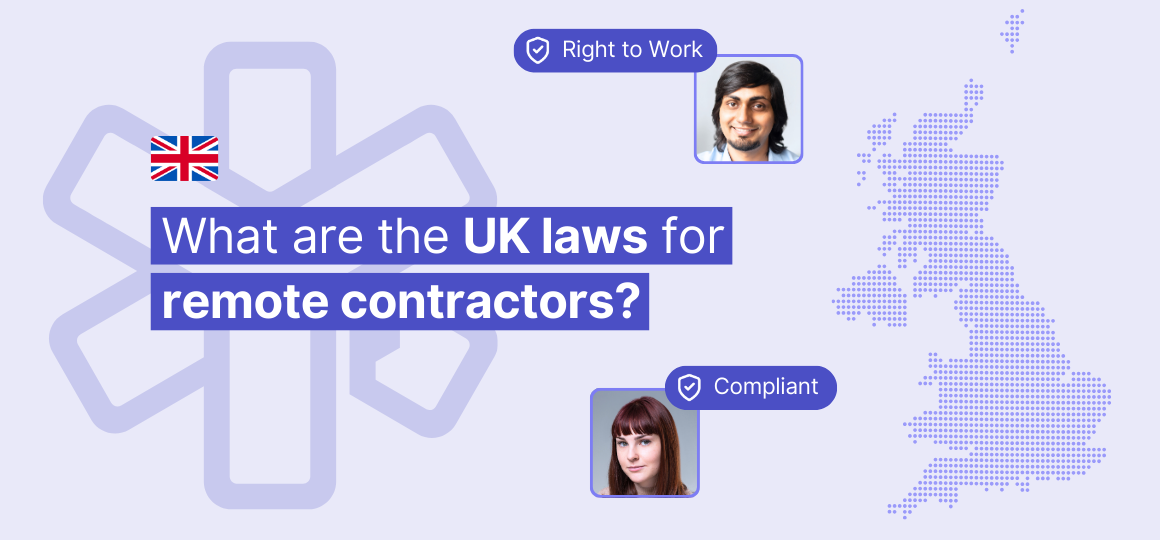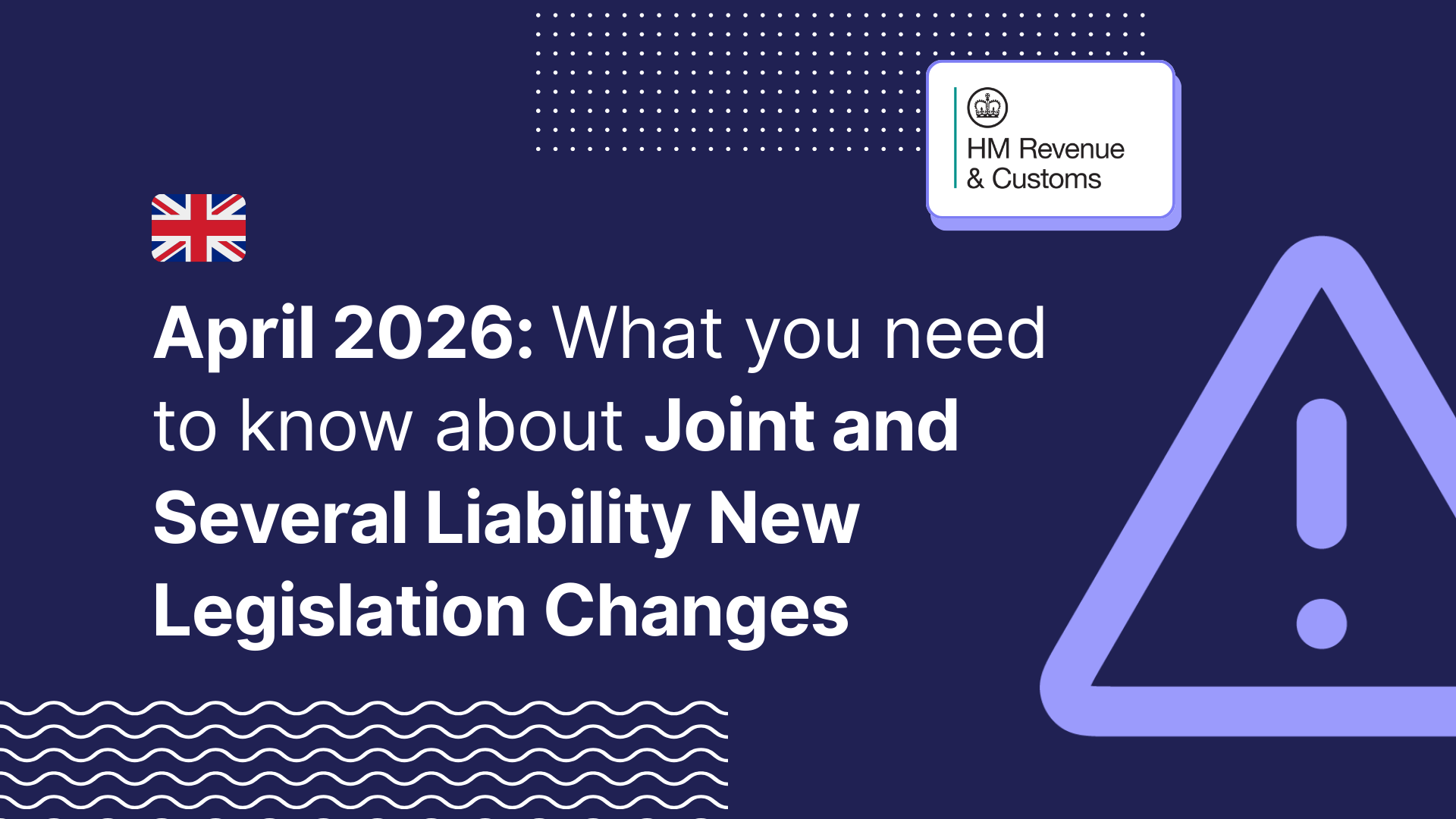As remote work continues to reshape the global workforce landscape in 2025, understanding the legal framework for remote contractors in the UK has become increasingly crucial. With the rise of digital nomads and flexible working arrangements, both businesses and contractors must navigate a complex web of regulations to ensure compliance and protect their interests.
Understanding contractor status in the UK
Before diving into specific remote working laws, it's essential to understand the fundamental distinction between employees and contractors in the UK legal system. Contractors typically fall into two categories:
- Self-employed individuals (sole traders)
- Limited company contractors (personal service companies)
IR35 legislation and remote contractors
One of the most significant pieces of legislation affecting remote contractors is IR35, which has evolved significantly since its introduction. As of 2025, the key aspects include:
- Responsibility for determining IR35 status lies with the end client (for medium and large businesses)
- Regular status determinations must be conducted
- Clear communication of determination outcomes is mandatory
Status determination criteria
When assessing IR35 status for remote contractors, several factors are considered:
- Control over work methods and schedule
- Right of substitution
- Mutuality of obligation
- Financial risk
Health and safety obligations for remote contractors
While remote contractors often work from their own premises, certain health and safety obligations still apply. The Health and Safety at Work Act 1974 extends to remote working scenarios, requiring:
- Risk assessments for remote working environments
- Provision of adequate equipment and support
- Regular communication about safety protocols
Data protection and security requirements
Remote contractors must comply with UK GDPR and Data Protection Act 2018 requirements. Key considerations include:
- Secure data handling and storage
- Confidentiality agreements
- Use of approved security software and protocols
Working time regulations for remote contractors
While contractors generally have more flexibility, they must still adhere to certain working time regulations:
- Maximum 48-hour average working week (unless opted out)
- Minimum rest periods
- Record-keeping requirements
Tax implications for remote contractors
Remote contractors must navigate various tax obligations, including:
- VAT registration (if applicable)
- Self-assessment tax returns
- National Insurance contributions
Cross-border considerations
For contractors working remotely from different jurisdictions, additional considerations apply:
- Double taxation agreements
- Permanent establishment risks
- Social security obligations
Contract requirements and documentation
At YunoJuno, we've observed that proper documentation is crucial for remote contracting arrangements. Essential elements include:
- Clear scope of work
- Payment terms and conditions
- Intellectual property rights
- Confidentiality clauses
- Termination provisions
Insurance and liability considerations
Remote contractors should maintain appropriate insurance coverage:
- Professional indemnity insurance
- Public liability insurance
- Cyber insurance (if handling sensitive data)
Right to work checks and remote verification
The UK government's digital right to work checking service has streamlined the verification process for remote contractors. Through platforms like YunoJuno, businesses can now conduct these checks efficiently while maintaining compliance with Home Office requirements.
Future developments and considerations
As we progress through 2025, several emerging trends are shaping remote contractor legislation:
- Enhanced digital identity verification systems
- Evolving cybersecurity requirements
- International remote working frameworks
- Sustainable working practices regulations
Conclusion
Understanding and complying with UK laws for remote contractors requires careful attention to multiple legal frameworks and obligations. As remote working continues to evolve, staying informed about legal requirements and maintaining proper documentation becomes increasingly important. Regular reviews of contractual arrangements and compliance measures help ensure both contractors and businesses operate within the law while maximising the benefits of remote working arrangements.








